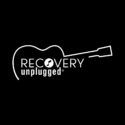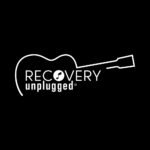Recovery Unplugged Celebrates Social Workers’ Month

Social Workers are the backbone of much of the work we do here at Recovery Unplugged. They are among the front lines of our staff, interacting with clients on a daily basis and helping guide them towards a life of recovery. It’s for that reason that Recovery Unplugged would like to celebrate Social Workers’ Month by featuring some of our Social Workers.
Many people use the term “social work” when referring to work outside of the bounds of social work. As a result, the true meaning of the term has been diluted.
Social work is a broad topic, and can refer to a number of different occupations and methodologies. It can be difficult to compress it into a single statement, but “social work” can be defined as occupations that better the lives of individuals, families, and society. Much of the social work done at Recovery Unplugged focuses on alleviating the conditions that contribute to substance abuse.
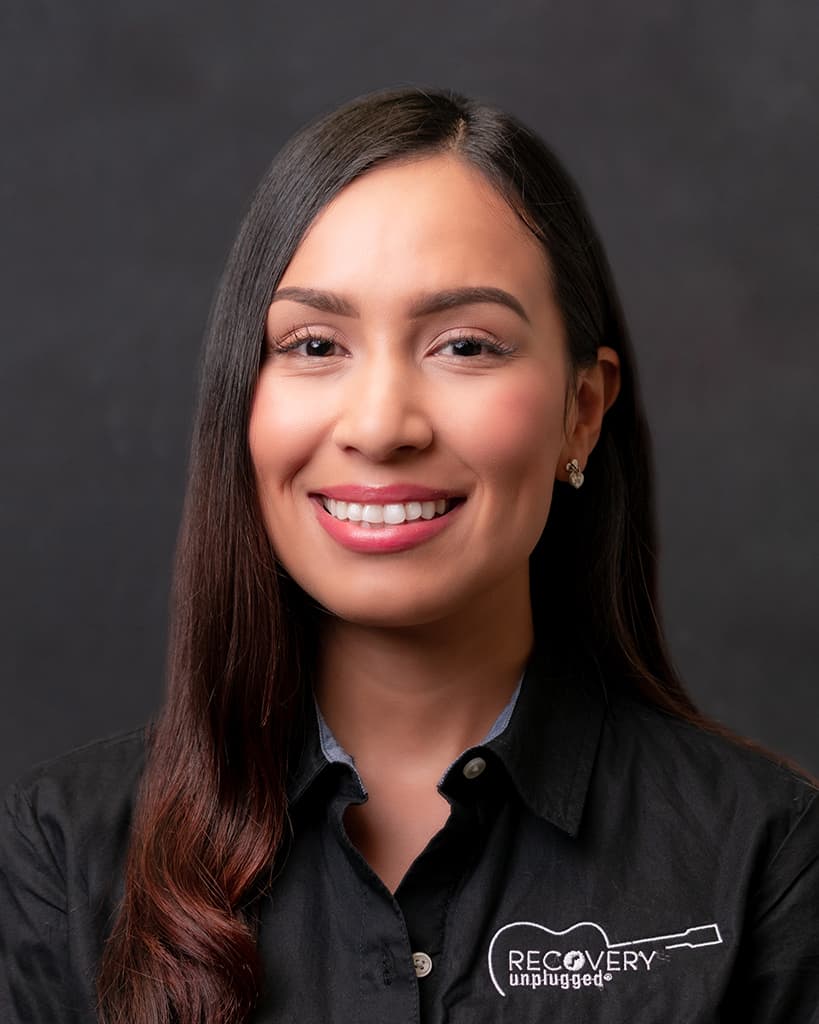
Asia Moncada, LCSW
Asia Moncada, a Licensed Clinical Social Worker, originally wanted to be a psychologist. Our Clinical Director at our Fort Lauderdale location, Asia had always wanted to be a therapist and help communities and demographics in need.
She was encouraged to research social working, and realized how diverse it was regarding education and policy. Social work lets her do all kinds of helpful work anywhere she might want to go because of how versatile and marketable it is.
Asia is proud of her role as a social worker and what it means to be one.
“When people think about social work, they think about kids. Social work isn’t just limited to case management,” she told me during our interview in her office. One of her walls is decorated with her many degrees and certifications. “We’re clinical. We’re trauma-informed.”
At Recovery Unplugged, the majority of the social work that Asia does is clinical. Although there are so many ways in which clinical work can be implemented, most of it is on a micro and clinical level.
Asia initially never planned on working in the treatment industry. Her passion has always been working with at-risk youth.
This changed, however, when she began working at homeless shelters for at-risk youth and interned at a detox center. During her time working at these places, she was able to see that many of the teenagers struggling with addiction weren’t choosing to be homeless. It was there that she better understood how addiction often begins in adolescence.
“I realized that this is my tribe,” she said. “I realized that I can do a lot of work with this population.”
This was solidified when she began seeing some of the children from the homeless shelters at treatment centers when they were older. In the end, it grew her passion to help people.
Asia has been working in the treatment field since 2012, and has no plans on leaving it anytime soon.
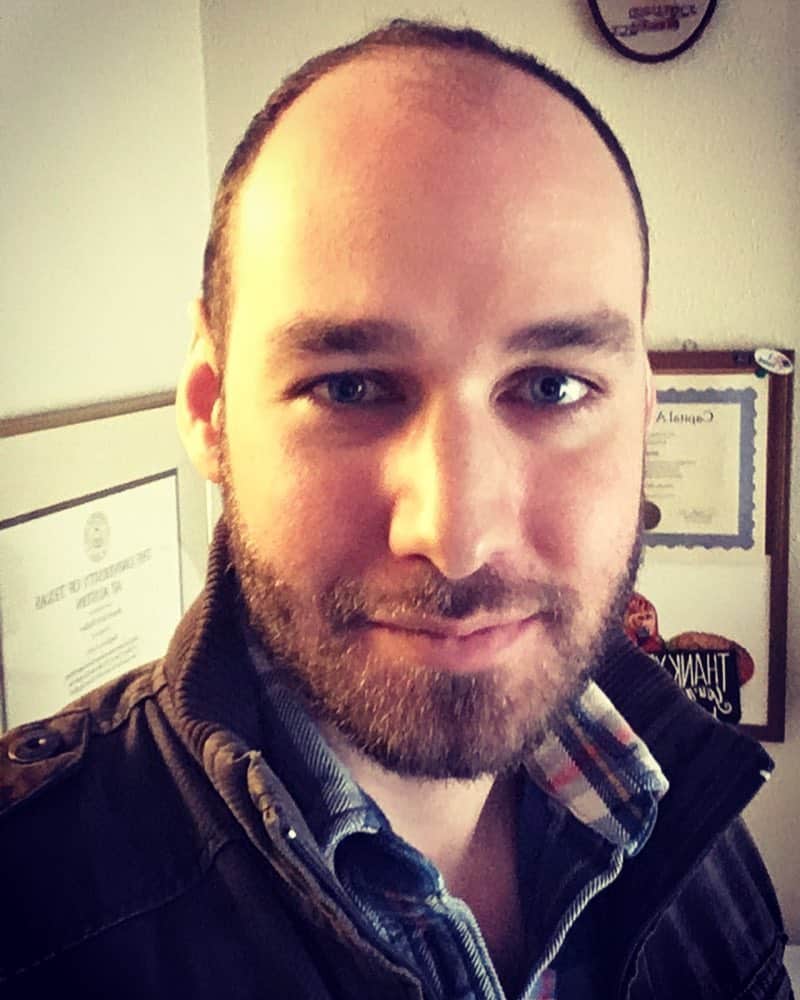
James Walker, LMSW, LCDC
James Walker, a Licensed Master of Social Work and Licensed Chemical Dependency Counselor, was always interested in clinical work. He’s always liked the systems and training involved with being a social worker. Although he wasn’t always sure about which area of social work he wanted to go into, he knew what kind of conversations he wanted to have.
“I enjoyed the challenge because I liked the versatility and training it gave me,” he said during our interview.
At Recovery Unplugged, he practices his social work as a psychotherapist. For him, the focus is on the individual interactions he has throughout the day.
When it came to social work in the substance abuse and treatment industry, he had been immersed in it both before and after entering his graduate program. James worked in a needle exchange program in the past, allowing him first-hand experiences with the impacts of substance abuse.
People would come into this needle exchange program more often than the emergency room because there was no stigma against addiction, a reality that is all too common in healthcare. He loved the real conversations he had with those who struggled with drug abuse. He also saw the very best and worst in people in the most honest ways.
James’s experience as a social worker has given him the ability to have more than just theoretical insight into the experiences of those who suffer from substance use disorders. He has been able to see how people function, how interpersonal relationships play out, and how neurobiology impacts that.
James is passionate about meeting people and clients exactly where they are. When you meet them where they are, there’s no agenda or expectations. You’re being completely honest with one another, being as present as possible, and working with what you have in front of you.
“Social work is also about learning what you can and can’t control,” James told me. “You can’t have personal opinions over the decisions someone is making. All you can do is be as helpful as you can with the time you have during the circumstances you’re in. A big part is learning how to be there without judgement.”
One thing James loves and appreciates about Recovery Unplugged is that it’s extraordinarily clinically-based. The way that the employees and leadership speak and conduct themselves lend to the overall experience.
Prior to working at Recovery Unplugged, James often didn’t do one hundred percent of the work that he wanted to do. At Recovery Unplugged, he has the freedom to focus on the client, work with them, and identify their needs.
James now has the ability to control the environment around him, to make it more comfortable and calming for clients. Here, he has the trust to use his unique skills as a clinician to best help clients.
In James’s opinion, one thing Recovery Unplugged does well is emphasize the interdisciplinary relationship between the teams. By having all teams from the continuum of care come together, they can best serve the client.
“We have fluid dialogue that’s emphasized consistently, and not every place does this,” he said about the clinical team’s daily morning meetings. “It’s easy for people to take it for granted.”
James is doing what he wants to do, and he says that it makes a difference who you’re working with. He’s grateful for the clinicians, case managers, and other members of the staff he works with on a daily basis. Everyone comes together to best serve the client, and that’s James’s favorite part of working at Recovery Unplugged.
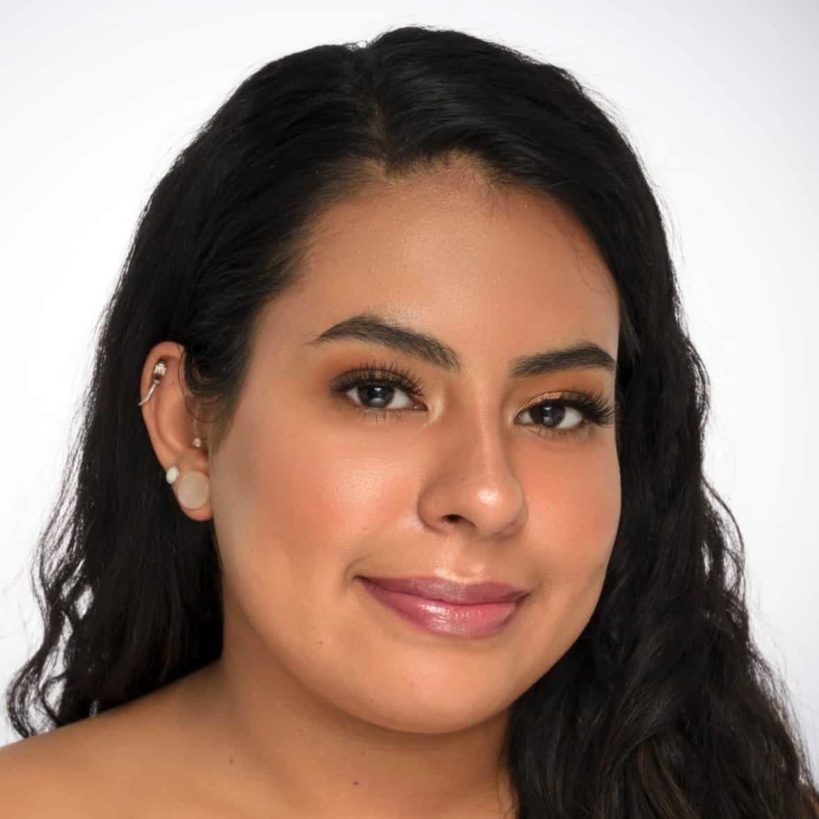
Karina Palta, MSW
Karina Palta received her Master of Social Work because she wasn’t entirely confident in a psychology degree. Although she was initially a psychology major, she preferred the holistic approach that was emphasized in social work.
“Social work is providing therapy and resources instead of just one way of addressing issues,” she said during our conversation. “It isn’t just case working or talk therapy.”
Karina has a soft spot for those suffering from substance use disorders. Because the population is neglected all too often, she wanted to bring positive efforts into it. At Recovery Unplugged, she gets the opportunity to practice many of the practical and clinical aspects of social work.
“It’s hard to find treatment centers that give you the freedom to focus on the social work,” she while talking about what makes Recovery Unplugged different.
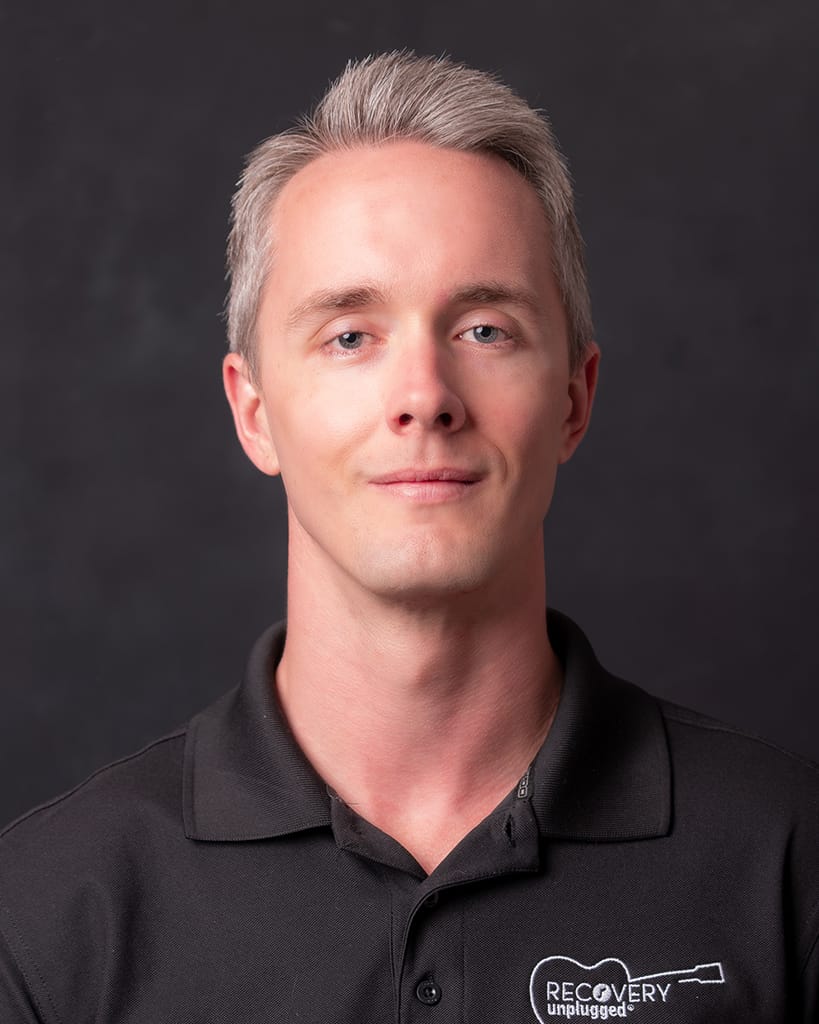
Joshua Sprung, MSW
For Joshua Sprung, who earned his Master of Social Work, being a therapist was always his dream. With almost twelve years clean, Joshua was inspired to give back and pay it forward. As a result of his own experience in treatment, he eventually earned his Master of Social Work.
Joshua was forthcoming about how his father died from an overdose when he was sixteen. Because of that experience, he didn’t want to follow in his father’s footsteps and was motivated to help others struggling with substance abuse.
Recovery Unplugged isn’t like any other treatment center. Our purpose has always been to best serve our clients.
“Here, the client has and always will come first,” Joshua said when I asked him what made Recovery Unplugged so different. “We’re not just a place of business.”
For Joshua, the core of social work is helping someone and not expecting to receive anything in return. Helping someone without personal gain outside of work is extraordinarily rewarding, even if it means taking a call at two in the morning. He’s always going out of his way to make himself available to clients who need him.
“Music is the most obvious thing that separates Recovery Unplugged from other treatment centers,” he said when I asked him what had motivated him to come work with us. “But Feel Good Friday changes lives.”
Watching music change people’s lives in such profound ways every single Friday was what convinced Joshua that this was the place that he wanted to be. Not all treatment centers bring joy and make people want to be here, and it’s all because of music.
Joshua emphasized that for him, social work isn’t about the money.
“Social work is done because you want to help others above all else,” he said at the end of our conversation. “Social workers have to be passionate about helping others and loving them where they are.”
We take our music-focused treatment for addiction very seriously, so we are going to hold our content to the same precision standards. Recovery Unplugged’s editorial process involves our editing safeguard and our ideals. Read our Editorial Process.
